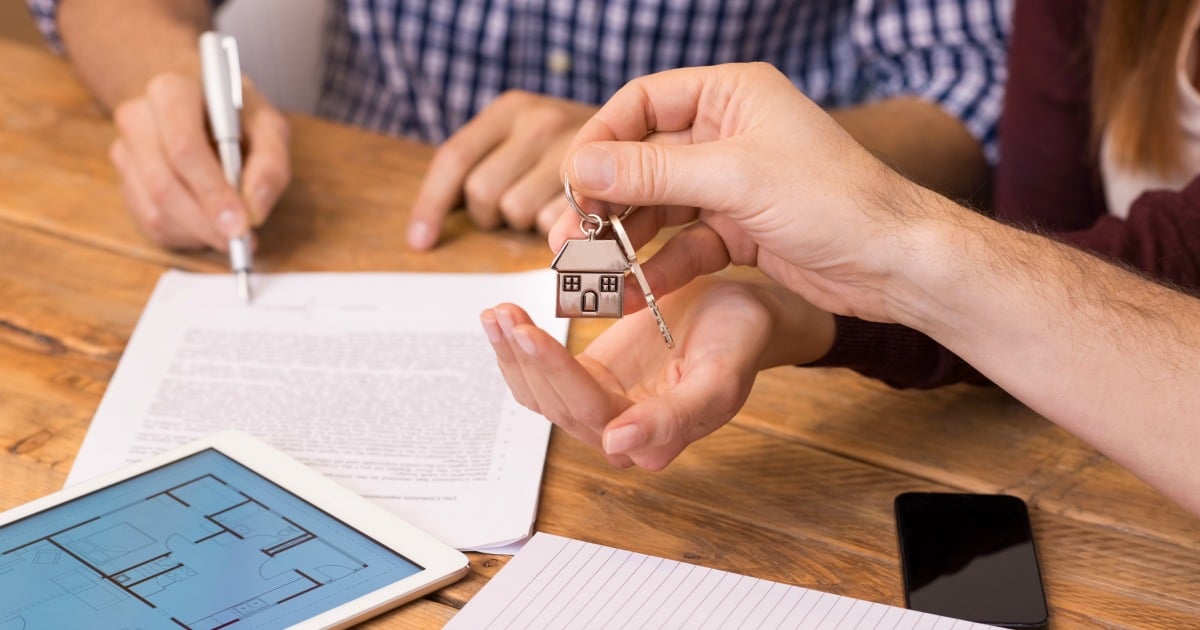Sometimes it feels like all money conversations come back to this issue. Can I buy my own home? Will I be a failure if I don’t? Can I ever afford one?
And it’s not a daydreamy, hypothetical convo, like ‘What if I called my kid Joaquin? Would people know how to pronounce it? Did the Pheonix family really lay the groundwork here?”.
No, the tone is more like ‘Will I die in a gutter, languish in poverty, or be photographed collecting mail in nothing but a bedsheet, if I don’t get onto the property ladder?’.
There is a sense of panic, as if not hobbling yourself with a million dollars in debt means you will end up on the scrapheap of life.




Top Comments
When friends ask me for advice, I tell them this - rent where you want to live, buy where you can afford.
Can I afford to buy where I live? Hell no. Can I buy something further out and rent it out? Actually, yes.
Now it doesn't really apply if you're not able to put down a 10-20% deposit (ie single low income or high rent repayments in comparison to income), but it's the easiest way to get into the market. Eventually, a significant portion of that property will be paid off (either through rental repayments or through you adding some extra on top) and you can use the equity in that to buy somewhere you prefer.
If you buy in an outer suburb, generally capital gain is lower, but rental yields are higher, so your rental income is likely to cover most of your repayments or most of it.
"rent where you want to live, buy where you can afford."
If I have 40% saved up as deposit and *still* can't afford to buy properties which are affordable to rent - there's something very f'ed up in the market.
True, but you can only work within the system. At least this way, you're on your way in - even if the market makes it super difficult for you.